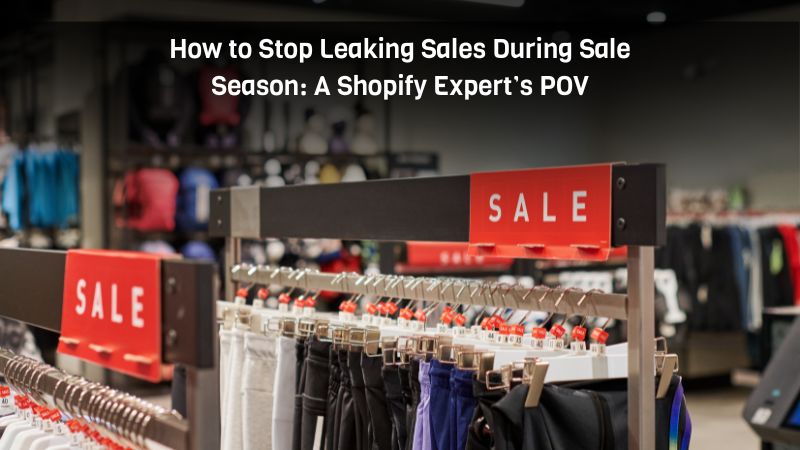1. Shoppers Often Begin Their Search on Amazon
A recent study by BloomReach stated that shoppers are twice as likely to start product research on Amazon than Google. As this trend continues, it’s inevitable that customers will search for your product on Amazon, whether you decide to sell on its marketplace or not. Nearly 9 out of 10 customers check Amazon even if they find a product they want directly on a retailer’s site. I have seen dozens of instances where selling on Amazon led to growth on branded sites. We’ve all been there: just before purchasing an item we pull out our phones to check the reviews on Amazon.
2. Amazon is a Great Additional Sales Channel
While conventional wisdom is that you should focus solely on a “direct” relationship with your customer, and mitigate reliance on retailers generating most of your revenue, as discussed, Amazon is a great sales channel to utilize in addition to your own Shopify site. Chapter 2 The Opportunity in Marketplaces 6 Often the worry is that Amazon will cannibalize all of your sales but the reality is that you can often maintain a healthy branded website in addition to Amazon. If done correctly, Amazon can become a great complement to your Shopify business very quickly.
3. Amazon Can Help Shoppers Discover Your Brand
Amazon can help build a sales funnel of potential customers who can eventually shop on your branded site. Many successful brands have launched on Amazon, and eventually get customers to purchase the same or additional items on their own site. For example, Casper Mattress has healthy reviews on Amazon but has almost 9x more reviews on their own site. The positive reviews on Amazon give Casper strong credibility for those considering buying on Casper’s site, and it also helps Amazon customers discover Casper’s recommended products. Additionally, there are several value-added services offered on Casper.com that can win over customers from purchasing on Amazon.
4. Amazon is an Open Marketplace
If you don’t create a listing for your brand on Amazon, then be prepared that a third-party seller can create it. Should you trust an unknown party to manage the content, pricing, and exchange with customers on behalf of your brand? I assume most of you are shaking your head saying “no”, and with good reason. For example, below are customer complaints about a Shark Tank product being sold by a third party seller with no affiliation to the brand, and with a list price nearly 3x the price on the brand’s store.


















